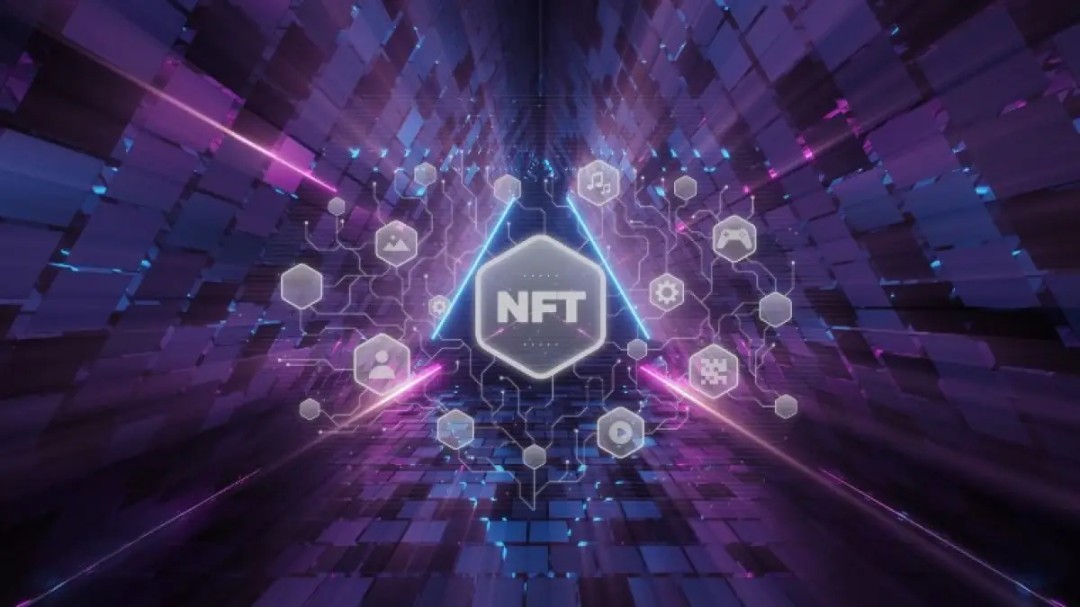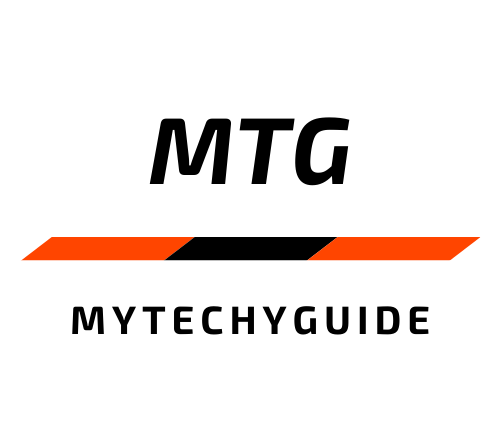An NFT marketplace is an online platform where users can buy, sell, and trade items that are stored in the form of non-genuine tokens or non-exchangeable tokens. NFTs are unique assets that use technology to verify their authenticity and uniqueness.
A variety of objects such as art, music, videos, games, and objects can be found here. Users can sell their own tokens or purchase them from other users. In some cases, sellers get a percentage of each additional sale they create, allowing them to earn from their creativity.

Below you will learn how to build an NFT marketplace.
Examples of Successful NFT Marketplaces
New marketplace projects appear regularly nowadays. And they try to surprise users and provide them with something new. Here are some examples of successful NFT marketplaces:
OpenSea
This is the largest project that allows users to buy, sell and create their own tokens. Various categories are available, including art, music, video games, and more.
Nifty Gateway
Specializes in limited editions of NFTs from famous artists, musicians, and other creative individuals. Unique and rare NFTs can be found, which are often the subject of collecting.
Utilizing QR Codes
QR codes can play a significant role in enhancing the functionality and user experience of NFT marketplaces. They can be used to provide quick access to specific NFT listings, allowing users to easily view and explore the details of an artwork or collectible. QR codes can also serve as a secure verification method, enabling users to confirm the authenticity and ownership of an NFT before making a purchase. Additionally, QR codes can be utilized for sharing and promotion, making it convenient for creators and sellers to share their NFTs across various platforms and mediums, expanding their reach and potential audience.
SuperRare
Focuses on art. It offers a curated selection of works from established and emerging artists. Every NFT on the SuperRare is unique and confirmed authentic.
Rarible
Allows users to create, sell and buy. It offers a wide range of categories, including art, music, videos, and more. Rarible also allows users to create their own NFTs without the need for programming knowledge.
Foundation
Specializes in works created by artists and designers. It focuses on high-quality work and limited editions. Users can sell their NFTs on the Foundation, but they need to pass a curatorial review.
Also Read: Bluehost hosting review all about its performance [ up to 90% OFF and free domain ]
Necessary and Essential Features
Here are some of the necessary and essential features a good NFT marketplace should have:
- Creating, buying, and selling tokens. The possibility for buying and selling tokens is one of the main features, but a good NFT marketplace should also provide users with tools to create their own tokens to expand the possibilities for creativity and earning
- Authentication and verification: Users should be able to verify the authenticity and uniqueness of each token to make sure that they are buying an authentic asset.
- Reliability and Security: It is important that it is secure and reliable to protect users from hacking and theft.
- A user-friendly interface that makes it easy to search, buy and sell.
- Multiple categories and genres to meet the needs of different users.
- A simple buying and selling process: this process should be simple and straightforward so that users can make their transactions quickly and easily.
- Ability to trade: Users may be interested in trading, so an auction feature or the ability to bid on their price may be useful.
Check out the blockchain programming course if you are looking to get started with your blockchain learning journey.
The Process of Creating an NFT Marketplace
The creation process can be complex and requires some skills. Here are a few steps that can help in creating an NFT marketplace:
- Identify your needs: The first step is to identify your needs and goals. Determine what types you want to sell, who will be interested in them, and how you will make money.
- Develop a plan: Once you’ve identified your needs and goals, develop a plan. Develop a business plan, considering issues such as finances, marketing, technical requirements, etc.
- Choose a platform to create a project: There are many platforms that can help you create your own product, such as OpenSea, Rarible, SuperRare, etc. Choose the one that best fits your needs and goals.
- Design: Create a design that reflects your brand and is easy for users to use.
- Implement functionality: Implement functionality. Implement all the necessary features mentioned above, such as the ability to create, buy, sell, and trade NFTs.
- Test and run: After implementing the functionality, test to make sure everything works correctly. Then launch and start promoting it to your target audience.
- Improve your project: Add new features, improve design, and functionality. Constantly work on improving the user experience and develop an NFT marketplace according to demands.
How Can a Platform Owner Earn on Their Project?
The owner of an NFT marketplace can earn on their project in different ways; here are some of them:
- Commissions: The owner can charge a commission on the sale of an NFT. For example, when selling for $100, the owner can charge a commission of 5% (i.e., $5). This would make money on every transaction that takes place.
- Advertising: The owner can sell advertising space. This can be standard advertising as well as sponsorship contracts with companies who have an interest.
- Premium Features: Paid features, such as advanced search or assisted transaction confirmation. This will allow you to make money on paid services.
- Participation in NFT sales: The owner can participate in NFT sales himself and make money from it. For example, by creating their own tokens and selling them, the owner can earn from selling their works.
- Creating unique collections: unique collections that can only be available on a specific. This can attract users and allow them to earn money on sales.
Of course, these methods are not exhaustive, and an owner can use different combinations of these methods to maximize profits. The important thing is to create a user-friendly, attractive, and innovative product to attract users and make money from your project.
Also Read: Buying Guide for Cheap Gaming Laptops
Conclusion
Overall, developing an NFT marketplace requires careful planning and design to create an attractive and functional product that will be successful in the long run. It is important to consider the specifics and the needs of users when developing.
Some of the key aspects to consider include security, support for different platforms, integration with cryptocurrency wallets and exchanges, a user-friendly interface, and support for multiple NFT types.
Also, owners of their own platforms can earn from their projects through sales commissions, advertising, paid features, and the creation of unique collections.
Creating and promoting NFT can be a complicated process, but with the right approach and understanding of the basic aspects, it is possible to create a successful and profitable way of selling NFT. If you have a goal and ambition, you will succeed.
